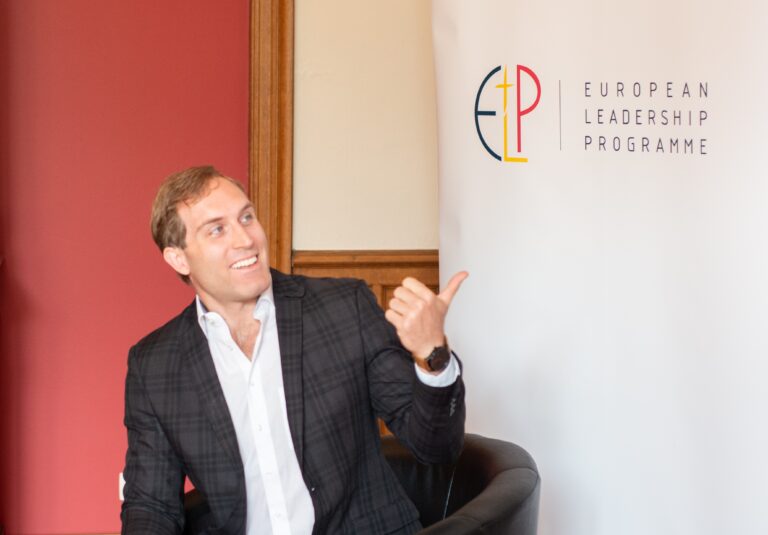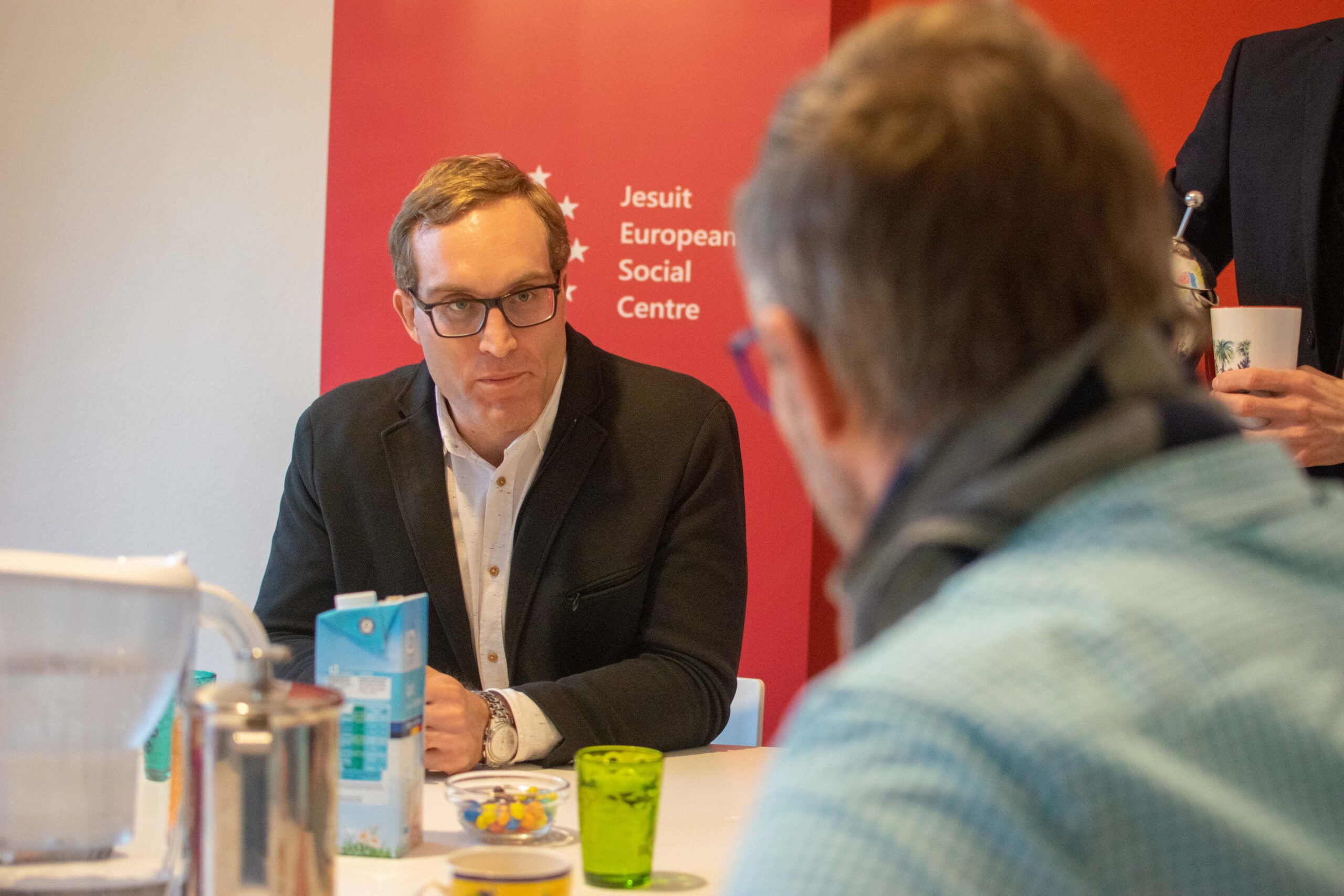
 Qs: What was your motivation to start lecturing at universities?
Qs: What was your motivation to start lecturing at universities?
I had a wonderful professor for my Introduction to International Relations during my first semester at university. I really admired him and wanted to do the kind of work he was doing. That course – and that relationship – set me on the path to a PhD and to becoming a university lecturer myself.
Qs: You are a sportsman. What kind of sport do you practice and what benefits do you see from exercising in your daily performance?
In my work, I spend a lot of time sitting at a desk. After a long day of reading and writing, I find that I need the physical release of energy granted by sports. Additionally, I often find that I get a new insight into my work during my workouts. Sports, particularly martial arts, are a great way to really get away from everything else in life. While I come back from my Brazilian Jiu-Jitsu class physically exhausted, my mind is rested and I am often able to gain a new perspective on the problems I have been working on.
Qs: How do you try to enrich leadership skills with your extensive knowledge in European history?
History is a laboratory for arguments and offers us perspective on the present. So often our own problems in the present can seem impossible to resolve, but looking at similar situations of the past can give us hope. In my lectures at the ELP, I try to give the fellows a broader view of what is happening by setting current difficulties in their historical context.
Qs: What are the main differences in having sessions with university students and with ELP fellows, if any?

On one level it is more difficult, as I do not have the opportunity to build relationships over the course of a whole semester with the ELP fellows in the way that I do with my students at the University of Sheffield. However, the big advantage is that the ELP fellows are already deeply immersed in the EU and European affairs as a result of living and working in Brussels – as well as the sessions with the other ELP lecturers – which lets me start the conversation at a very high level.
Qs: Drawing from lessons from our history as Europeans, what do you consider as important elements of leadership to navigate through current challenges?
Good leaders are able to reflect broadly, both in the temporal and social sense. Leadership is not about procuring short-term benefits for core constituents; it is about thinking in the long-term while taking the interests of all affected into account. The transformational European leaders of the postwar era were able to approach politics in this way.
Qs: What is your impression of the evolution of the Programme given you have been a speaker for the European Leadership Programme since the Pilot Edition?
The growth of the program has been absolutely incredible! The ‘Pilot Edition,’ as you call it, was completely bootstrapped, as we were all running around trying to figure out what we wanted to do and how. Now I arrive in Brussels and everything just runs smoothly.
Qs: The Fellows come from different European backgrounds. What is interesting about giving lectures to international youth groups?
In my lectures on memory and the history of the EU, I use a lot of case studies and examples from around Europe. Often there is a fellow in the ELP group from those countries, which leads to some really interesting debates. The ELP fellows are the future leaders of Europe and it is an honor to get to shape their views!
Qs: About your last book. Memory and the Future of Europe: Rupture and Integration in the Wake of Total War. What was the motivation behind linking the past and the future of Europe?
 I started working on this project in the spring of 2010. At that point, Greece’s difficulties financing its sovereign debt had already set off the crisis of the eurozone, which would ultimately threaten the future of the EU as a whole. Thinking and writing in the shadow of a series of existential threats to the EU – from the problems of sovereign debt in Greece in 2010 to Brexit in 2016 and the striking electoral success of far-right populists across the member-states as well as in the EU parliamentary elections of 2019 – I found that it was helpful to look to the past. Both the continent and the EU have been through difficult times before and have found their way out through strong leadership that was able to draw on the traumatic, transformative collective memories of Europe’s age of total war to build a better, shared European future.
I started working on this project in the spring of 2010. At that point, Greece’s difficulties financing its sovereign debt had already set off the crisis of the eurozone, which would ultimately threaten the future of the EU as a whole. Thinking and writing in the shadow of a series of existential threats to the EU – from the problems of sovereign debt in Greece in 2010 to Brexit in 2016 and the striking electoral success of far-right populists across the member-states as well as in the EU parliamentary elections of 2019 – I found that it was helpful to look to the past. Both the continent and the EU have been through difficult times before and have found their way out through strong leadership that was able to draw on the traumatic, transformative collective memories of Europe’s age of total war to build a better, shared European future.
Qs: What will be your message for the next cohort Fellows?
Getting to spend time living, working, and studying in Brussels is a great opportunity. Be sure to take full advantage of it!
Interview by Alba Requejo Hernández
JESC Communication Assistant

